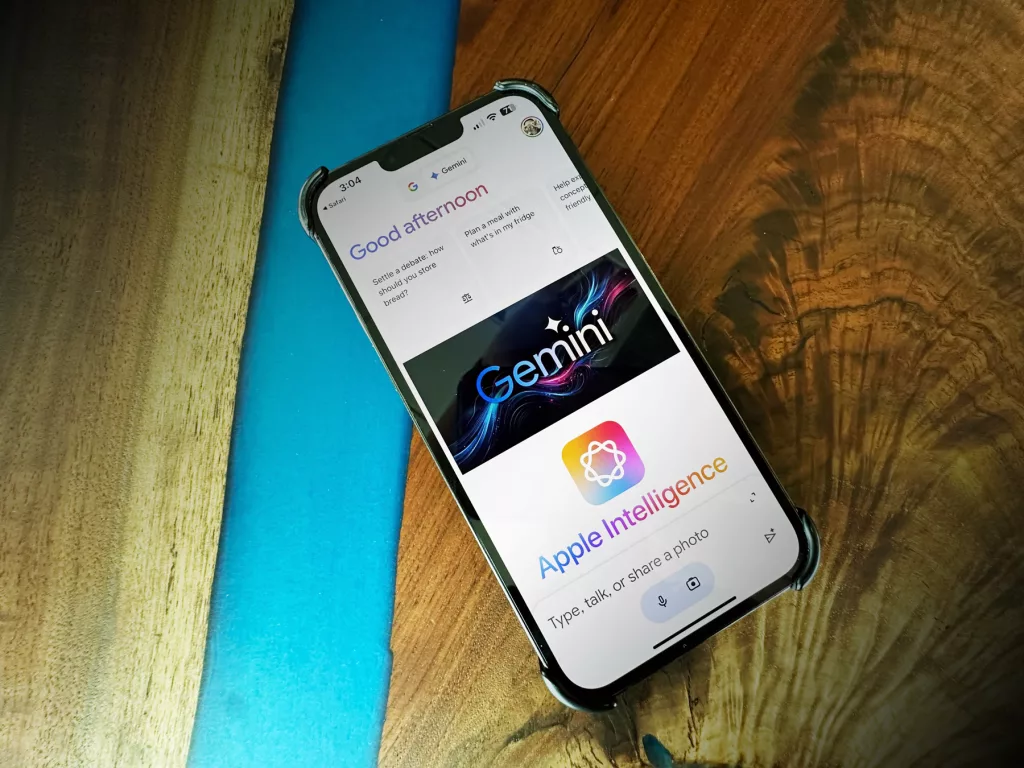Artificial Intelligence (AI) being a part of SEO (Search Engine Optimization) has gone from being a futuristic concept to an essential part of digital strategies in a very short time. Forget asking how AI will affect SEO; it’s already shaking things up on a near daily basis.
So how can marketers and brands stay relevant and rank in SERP (Search Engine Results Pages) on Google, Bing and other major search engines? Let’s take a look.
AI: The Game Changer
Have you noticed on your Google Search results lately that green box at the top of the screen? That’s Google’s AI Search Generative Experience (SGE) feature that uses AI to answer user questions in search results. When you enter a query, a box will expand with an answer generated by Google’s language model.
This is not an area most marketers or brands can influence in the same ways they can organic SEO. For organic SEO placement, we traditionally have been able to effect SERP though proper code mark-up, keyword placement, link building, strong relevant content, etc.
AI Search results on the other hand tend to feature already well established, authoritative websites. How does a brand reach that elite level? Hopefully you’ve been paying attention the past decade and have been creating relevant, authoritative content that Google’s AI SGE can gobble up and spit out to its search users. If not, there’s no time like the present to get started.
User-facing content has long been a major factor in Google’s organic search algorithms. It’s also the one thing you might be able to serve up to the new Google AI results.
Now though it’s not just about what users are searching for, but why they’re searching for it. Instead of focusing on just keywords and good content, AI Results placement also attempts to understand the user’s intent and motivations for their search and whether or not your content fits with their motivations and needs.
A New Perspective On SEO
For Google, search results now break into three main areas: AI Results, Organic Links, and Perspectives.
We covered AI Results and Organic Links above, but what are Perspectives? They are Google’s way of countering AI Results with a more human touch on their results pages.
Perspectives are human-created videos, images, and posts that people have shared on social media, discussion boards, and Q&A sites. They display content with viewpoints about a search query and provides search users with an alternative to the information served up by AI Results.
This is an area brands can have an effect on. Creating brand evangelists that promote your service or products in online reviews, YouTube, TikTok, etc. is vital to making sure you’re represented in Perspectives results.
Fighting For Space
The space given on the majority of Google’s results pages isn’t in our control now.
AI Results now take up a significant portion of the top of results pages, pushing down Organic Links even further down the page, and nearly off the initial page load on mobile (Google Ads, of course, remain at the very top). Perspectives appear to the right of AI Results, getting nearly equal placement, but usually much smaller overall space.
The shrinking of Organic Links at increase in AI Results and Perspectives is changing things for SEO professionals and brands alike, and more changes are sure to come.
What’s Next?
The question “Will AI replace SEO?” isn’t really relevant anymore. It’s not about replacement; it’s about evolution, something marketers following ongoing SEO algorithm updates are used to. AI is redefining how we approach SEO, while further reenforcing some of the basics. We say embrace the future with open arms because AI is here to stay.




